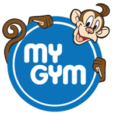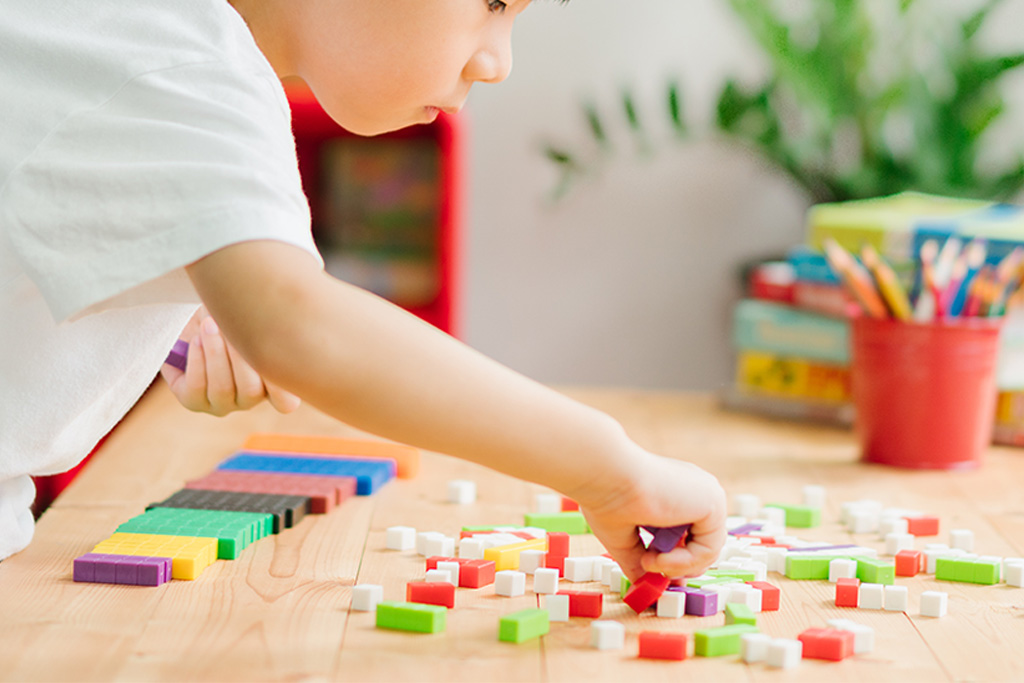How To Infuse Cognitive Development Skills In Your Child
Do you recall the first time your parent read a story to you. Or when they encouraged and taught you to learn shapes of letters or asked you to say it out loud the numbers 0 to 10? Not likely, but they did make the effort to teach you. Without those events, no word or a story you hear or read about would make sense.
Maybe talking, listening and reading may have become automatic processes now. But there was a time in your life, when all these skills were happily learnt. Whether it was fun or painful, your parents had made the time to sit down to teach and help you. Once adept, these skills opened the world for you. Allowing you to enter the world of knowledge that became the foundation for further education and for learning on your own.
Now it is your turn to teach your baby and create opportunities for her. Teaching her how to learn the way you did when you were little. Improve your child’s own well-being and help create her own set of life chances. That is why it’s important and so critical to be fully aware and understand how a child develops.
But for many young parents, encouraging their child’s developmental process is a point of major concern. But not to worry, babies and toddlers are eager beavers, and are great learners right from the very beginning.
Learning through play
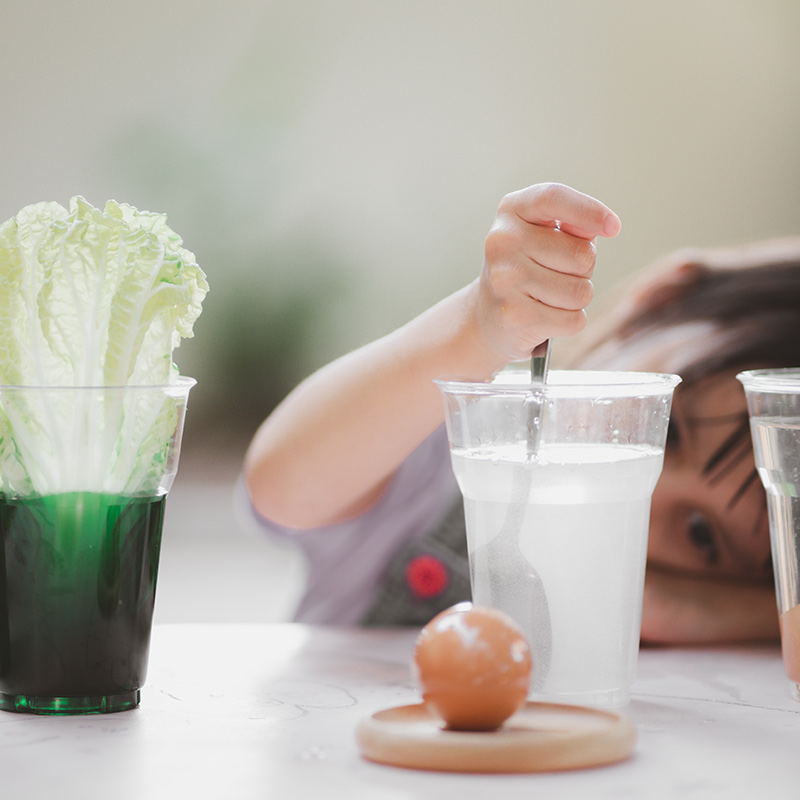
Playing with objects is how your baby explores and learns about the world around her. They are the gateway to cognitive development for your toddler as well. Which is why during early childhood it becomes very important for parents to take part in shaping their baby’s growth.
Development begins to happen in the physical motor, social and cognitive skills all at the same time. For instance, just as the baby learns to wiggle her fingers, roll over, and crawl, she is learning cognitively too. Her brain is involved in sorting, matching, and soaking in new knowledge.
There are so many ideas to keep the inquisitive little mind of your toddler fully engaged. These are easy and fun ways to help your child’s development process to kick in smoothly:
Singing along, learning along
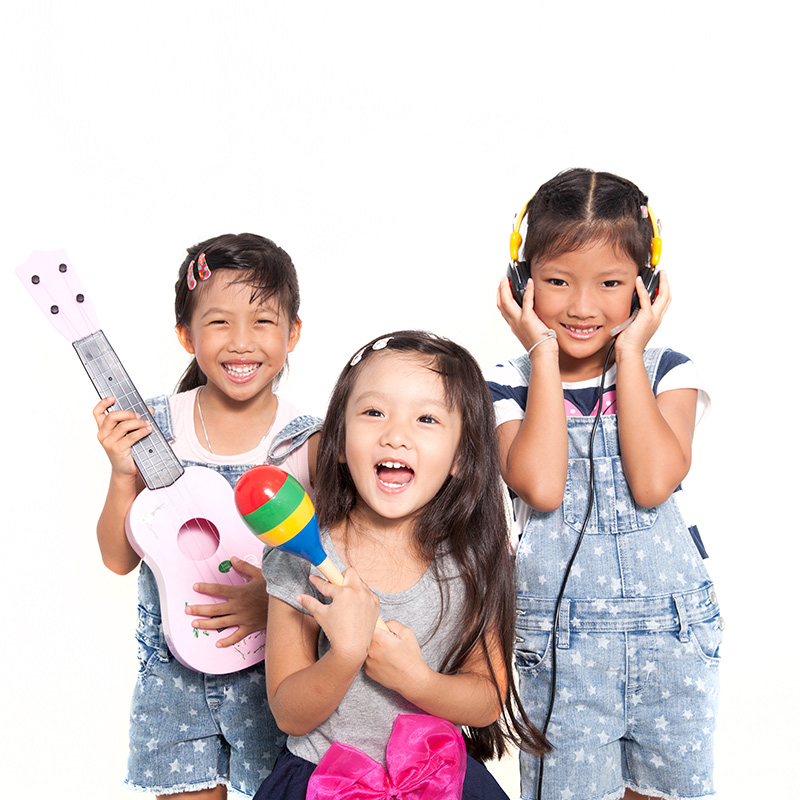
Singing plays an important part in your child’s cognitive development in more than one way. The best part is singing is never boring or considered as work. Singing will sharpen your child’s ability to communicate while also exercising lip and tongue movement.
Singing is a great tool to embed information in a creative and fun way. You can use it to cover subjects as diverse as learning a language, numeracy, and science. You will find your child willingly participating in learning the alphabet not by simply saying the letters but by singing them.
Remember to play her favourite songs or music in the house. Your child may just decide to start singing by herself. In the process promoting memory development and word identification unconsciously!
Help your child to make choices
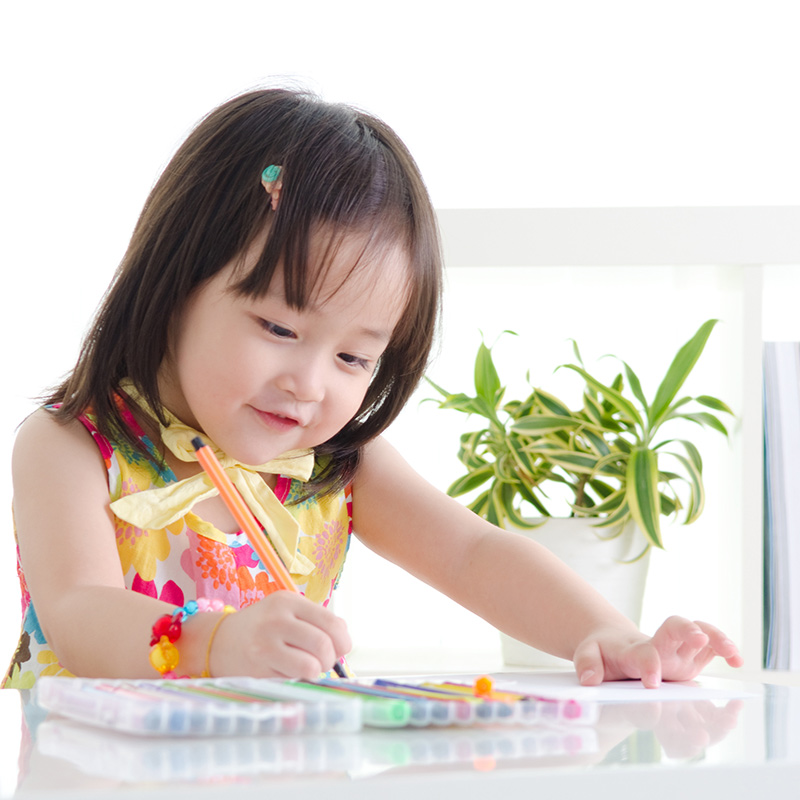
You may not readily agree, but life is full of choices. Hence learning to make right choices is an important skill. And like all the other skills, acquiring it very early in life is a big advantage. Especially, when there are too many things to choose from, or when they are scarce.
Begin with what you and the baby do every day. Getting dressed for the day is a good example. Make choosing a play by asking your child, what she’d like to wear. “Yellow skirt, or a blue jumper?” With older children you could ask, “sweetened yoghurt” or “noodles in milk” and a cookie to go along with it.
These are not just empty questions, but help the child actualize the sense of independence. Empowering her to exercise her will. Building confidence to make the right decisions that will affect her day.
Asking questions is a healthy habit

Questions are triggered by curiosity, the more questions your child is able to ask, is a good indicator of the level of cognitive development taking place. It also indicates that your little girl has begun to think for herself. Setting the stage for earnest dialogues to take place, encourage this.
You also will begin to interact and to see what the child is seeing. “Which toy do we play with today?” Wait for her to respond, she will either point to the one she wants to play with, or express in words. While you are at it, add an element of fun into this event. Reach out for the wrong toy, and notice her reactions. You will see her nodding vigorously saying “no” in very funny ways. Watch the range of faces she can make…join the fun.
These instances are the building blocks of how problems can be solved in real life. It helps the child understand the environment she plays and lives in better. Generally, figuring out how the world works. So ask questions, all the time. It is healthy habit. Lay the foundation for how she can approach problem solving in creative ways.
Go visit places
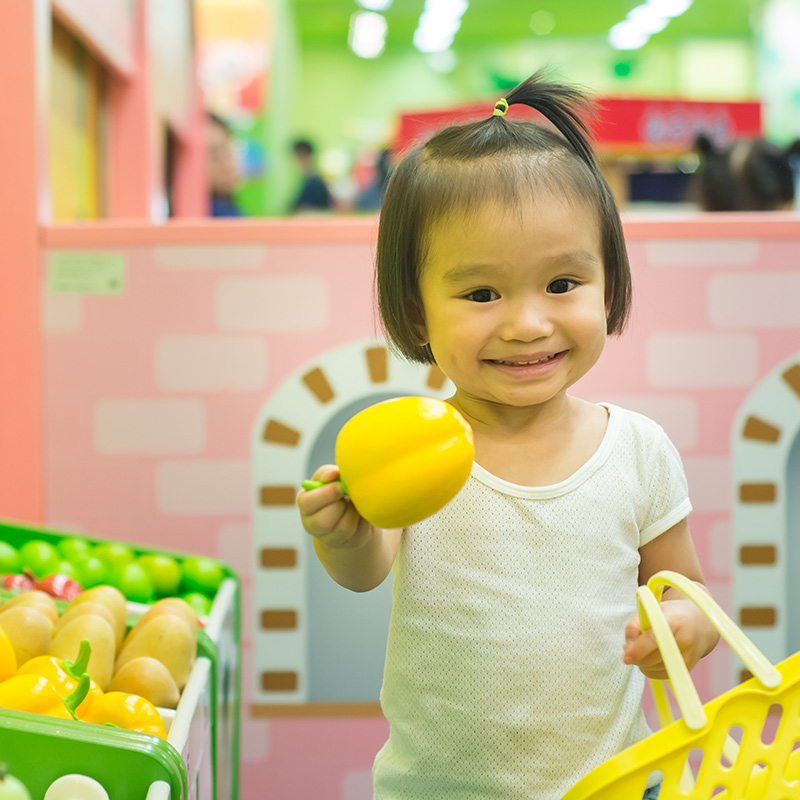
Go out for outings. In fact, make it a routine, at least one a week. Arrange trips to museums, art galleries, vegetable & fruit marketplace are places that will stimulate your child’s curiosity and begin the ‘hands-on, real-time” exploration process. And it is yet another opportunity for you to bond with your child when in unfamiliar spaces.
Your interaction won’t stop with just amazement, but become learning experiences by themselves. Questions will abound, make it a point to listen to the responses. This will become a ready reckoner for you to understand what grabs your
daughter’s attention
Learn more about what your child is first attracted to, make a note of it, it will come in handy when it is time to play looking at images of fruit and vegetables in a children’s book and it is bedtime story time.
Any item can become a toy
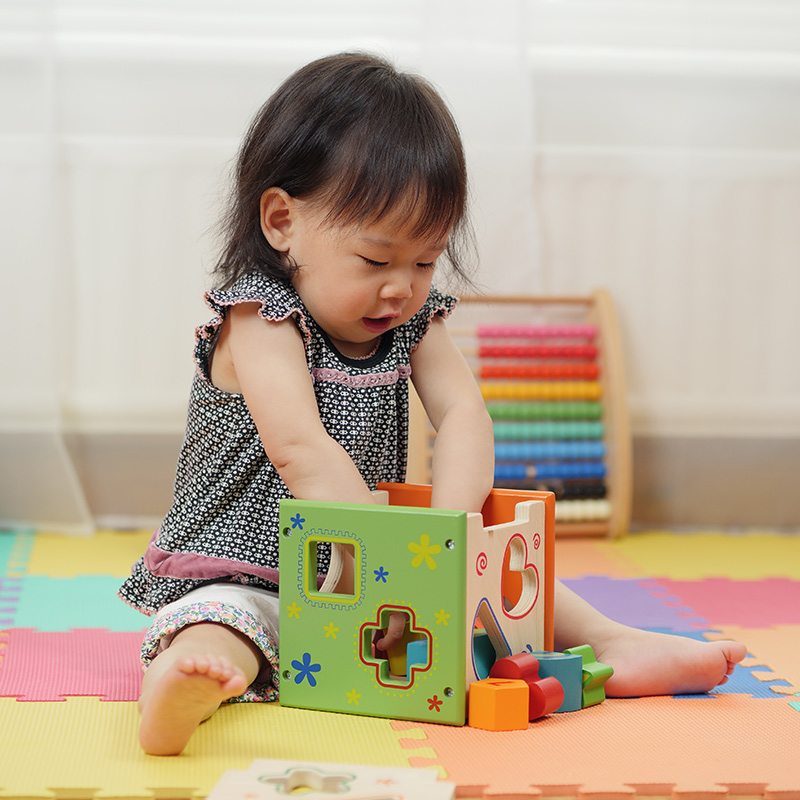
There are so many things in the house that are just lying around. Check them out, see if you can turn them into a play toy. Remember, play is educative, more fun and now more cost-effective. If you find lids, get your child to match them with the containers they came from.(Avoid sharp object and items made from glass.)
Encourage your child to have a look at herself in the mirror. The first time she does that will be the most hilarious moment you are not likely to forget easily
Practice abc…
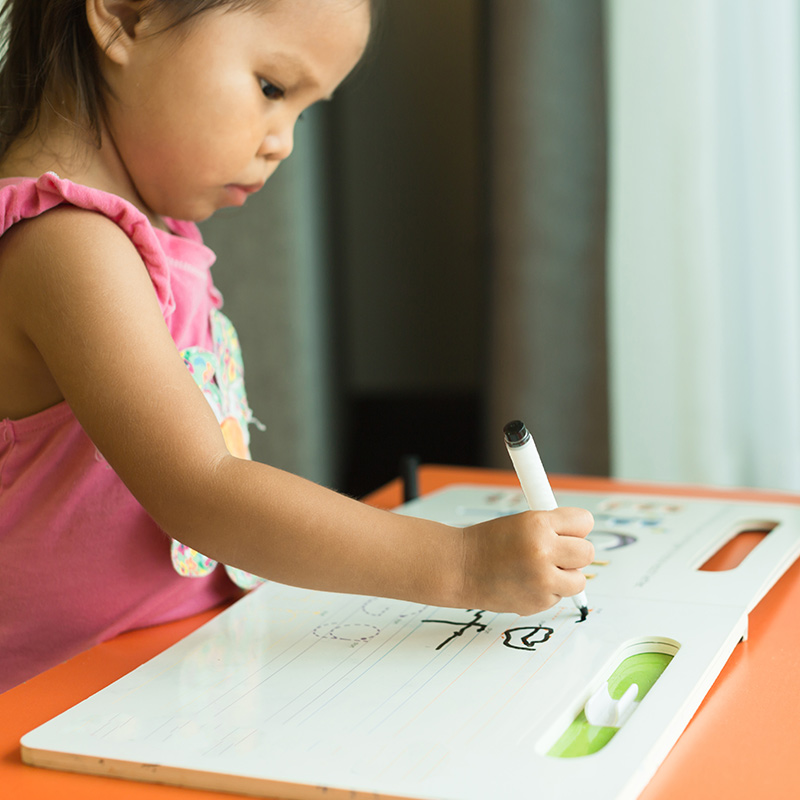
There is more to singing the ABCs, it will help your child to recognize alphabets easier. Your baby begins to relate to how each letter sounds and learns to name the letters faster. An invaluable pre-reading skill.
Cut out cards into squares and write individual alphabets in bright colours. Together with your child, pick out the individual letters from a bunch of letters around them and start naming each of them. Then encourage her to pick one card on her own and name it.
Build upon this process by taping each card to surfaces around the house in the correct order. Read them out aloud with your child in tow. Once done, leave them all on the wall and practice the exercise with your child again and again.
Make counting fun
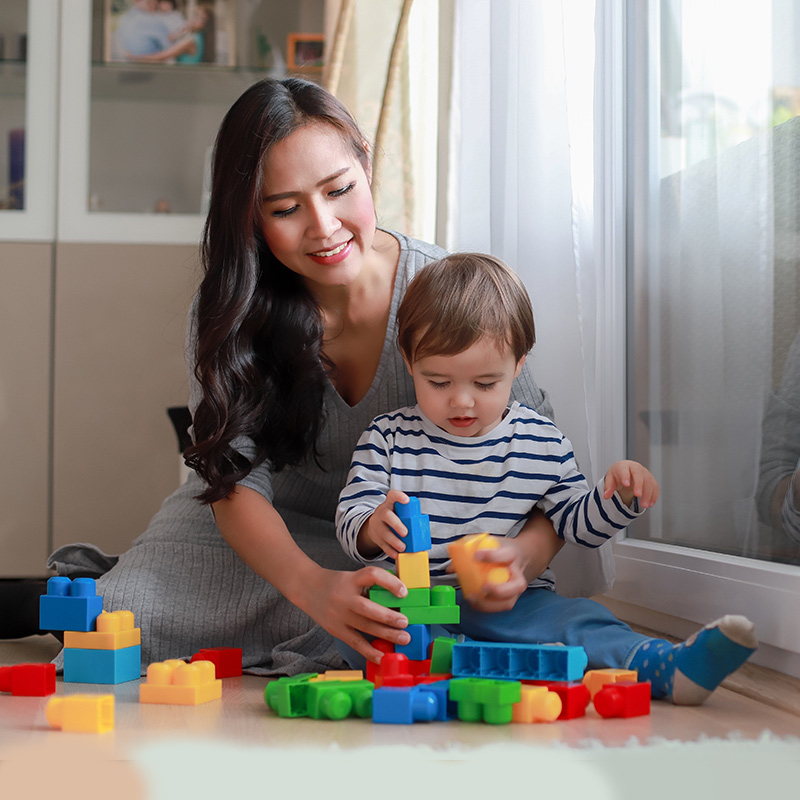
The only way a child loses interest in math is when it is made hard to understand and boring. But when it becomes fun, your girl will stay engaged with numbers. Counting is a basic skill your child will build on later in school. So make it fun! And start very early, right when your child is in the crib!
Before your child begins to talk or walk, count her fingers and toes. Count when you are carrying her around the house, or climbing stairs, or arranging her clothes and toys. As she gets older and tags along with you, count the number of things you see. Do this together. Count everything, go on a number hunt!
Sing songs that have numbers in them, remember “one, two buckle my shoe?” Start playing Board games like Snakes and Ladders, Dominoes, and Ludo, they involve counting numbers and are team games.
Besides there is no place where you don’t see numbers. Just identify the opportunity, then start counting. Before you know it, you will get into the habit of counting everything in sight!
Play “shapes & colours”
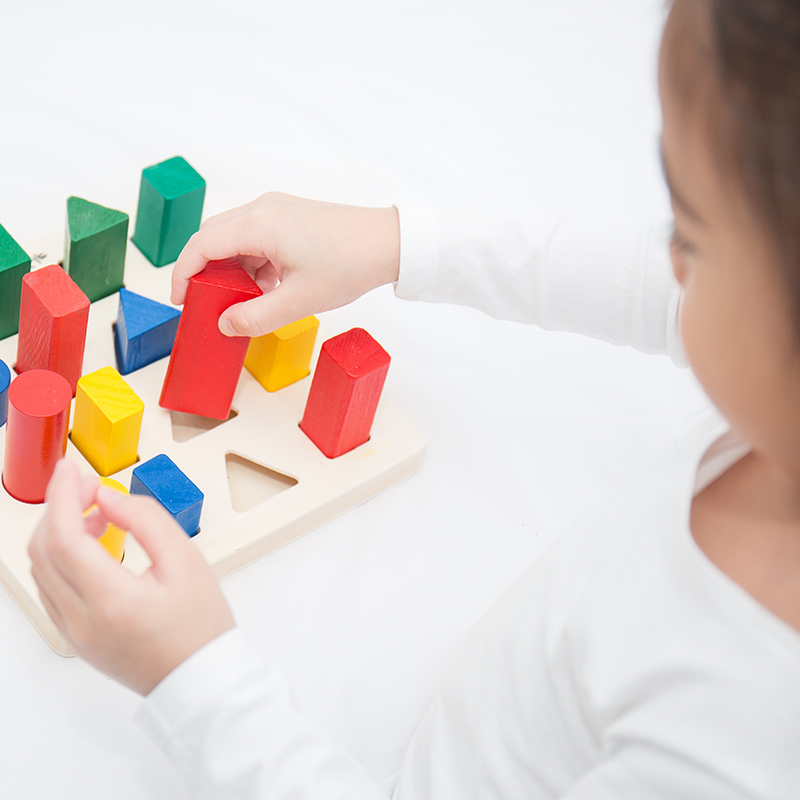
Identifying shapes and colours while interacting with your child is more fun than you give credit to this kind of play. Make a set of cards. Each card showing a shape, like a circle, square, a diamond or a triangle. Make each of the cards show objects like a kite, a leaf, a ball, a hat, a shoe…in bright colours. Label them in easy to read letters to inspire language development.
As your girl gets older, you can ask your child to trace the shapes and letters with her fingers and to describe each object to you. You can also help make learning an interactive process with a series of questions. For instance, pointing at the triangle card, ask “How many sides does a triangle have?” “Are there any triangles in your house?” Check it out!
Get her to connect words with what she is seeing in the mirror. Point to her nose and say “nose,” show the “eyes” and say it aloud. Pretty soon, she will learn them by heart. She might even practice it on her own. Grab a video and you get to what her action together later. Great fun moments, cherish them for ever!
You as parents are in a unique position to help shape how your child learns, thinks, and
develops. Encouraging your child’s cognitive abilities by helping her make sense of the world she lives in.
About My Gym, Singapore
At My Gym, play is learning to learn in its purest form. Nurturing cognitive development in a child is a dynamic and flexible process, adapting itself to suit children of all
ages – right from when they are a month old, to when they are much older.
Visit My Gym near you, along with your baby.
Begin your journey of discovering the cognitive development process in action,
participate in a My Gym Parents Trial Class program. You will learn how dynamic physical movement helps make learning so much more playful, fun and unforgettable!

